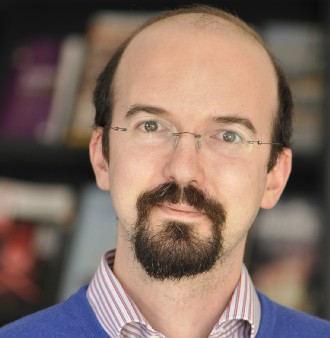Senior Members
Francesco Paolo Andriulli
received the Laurea degree in electrical engineering from the Politecnico di Torino, Turin, Italy, in 2004, the M.Sc. degree in electrical engineering and computer science from the University of Illinois at Chicago, Chicago, IL, USA, in 2004, and the Ph.D. degree in electrical engineering from the University of Michigan at Ann Arbor, Ann Arbor, MI, USA, in 2008. From 2008 to 2010, he was a Research Associate with the Politecnico di Torino, where he has been a Full Professor since 2017. From 2010 to 2017, he was an Associate Professor (from 2010 to 2014) and then a Full Professor with the École Nationale Supérieure Mines-Télécom Atlantique (IMT Atlantique, previously ENST Bretagne), Brest, France. His research interests are in computational electromagnetics with a focus on frequency- and time-domain integral equation solvers, well-conditioned formulations, fast solvers, low-frequency electromagnetic analyses, and modeling techniques for antennas, wireless components, microwave circuits, and biomedical applications with a special focus on brain imaging. Prof. Andriulli is a member of Eta Kappa Nu, Tau Beta Pi, Phi Kappa Phi, and the International Union of Radio Science (URSI). He has received several best paper awards at conferences and symposia (URSI National Assembly (NA) 2007, IEEE AP-S 2008, and International Conference on Electromagnetics in Advanced Applications (ICEAA) IEEE-Antennas and Propagation in Wireless Communications (APWC) 2015) also in co-authorship with his students and collaborators (ICEAA IEEE-APWC 2021, International Symposium on Electromagnetic Theory (EMTS) 2016, URSI-Deutschland (DE) Meeting 2014, and ICEAA 2009) with whom he also received a second prize conference paper (URSI General Assembly and Scientific Symposium (GASS) 2014), a third prize conference paper (IEEE–APS 2018), seven honorable mention conference papers (ICEAA 2011, URSI/IEEE–APS 2013, four in URSI/IEEE–APS 2022, and URSI/IEEE–APS 2023), and other three finalist conference papers (URSI/IEEE-APS 2012, URSI/IEEE-APS 2007, URSI/IEEE-APS 2006, and URSI/IEEE–APS 2022). He was a recipient of the 2014 IEEE AP-S Donald G. Dudley Jr. Undergraduate Teaching Award, the triennium 2014–2016 URSI Issac Koga Gold Medal, and the 2015 L. B. Felsen Award for excellence in electrodynamics. He has served as an Associate Editor for the IEEE TRANSACTIONS ON ANTENNAS AND PROPAGATION, IEEE ANTENNAS AND WIRELESS PROPAGATION LETTERS, IEEE ACCESS, and IET Microwaves, Antennas and Propagation (IET-MAP). He serves as a Track Editor for the IEEE TRANSACTIONS ON ANTENNAS AND PROPAGATION and an Associate Editor for URSI Radio Science Letters. He is the Editor-in-Chief of IEEE Antennas and Propagation Magazine. He is the PI of the ERC Consolidator Grant: 321—From Cubic3 To2 Linear1 Complexity in Computational Electromagnetics
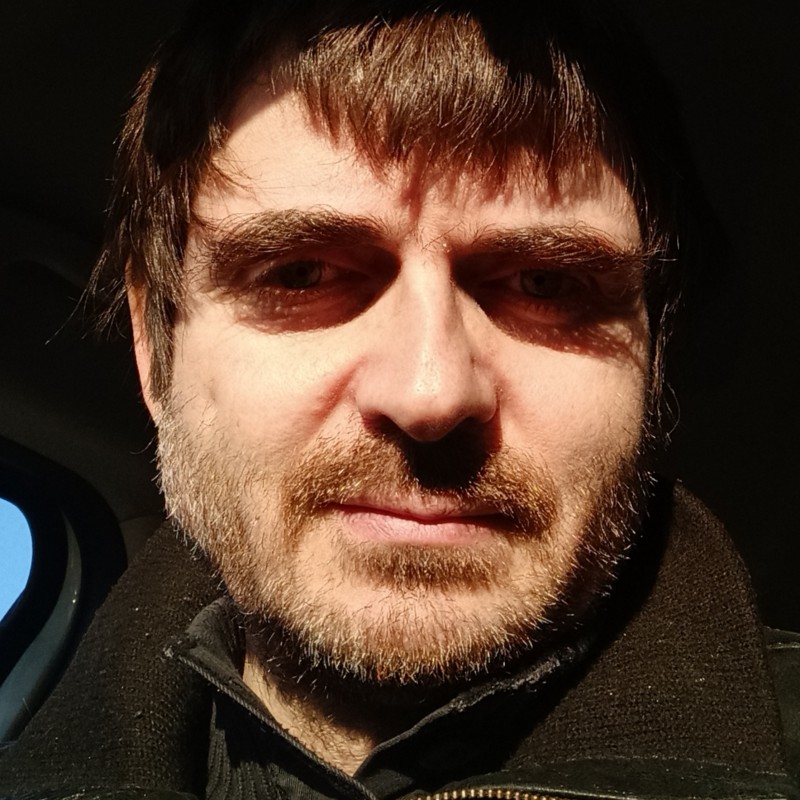
Douraied Ben Salem
Professor at CHU Brest
Douraied Ben Salem
received the M.D. and Ph.D. degrees from the University of Burgundy, Dijon, France. He currently works at the Laboratory of Medical Information Processing (LaTIM, INSERM U1101). He is a Professor of neuroradiology with the University of Brest, Brest, France. Having authored more than 130 scientific peer-reviewed articles indexed in international databases, much of his work has focused on gadolinium contrast agents, magnetic resonance imaging, or computed tomography advanced techniques. He is a member of many national and international scholarly societies, such as SFR, SFNR, CERF, and ESR. He has been serving for the Advisory Board of Heliyon, since 2018. He has been in the Editorial Board of Forensic Imaging (ex. JOFRI), since 2013. He has been the Editor-in-Chief of the Journal of Neuroradiology, official publication of the French Society of Neuroradiology (SFNR), since 2019. He has been a Co-Founder and a Deputy Editor of Neuroscience Informatics, since 2020.
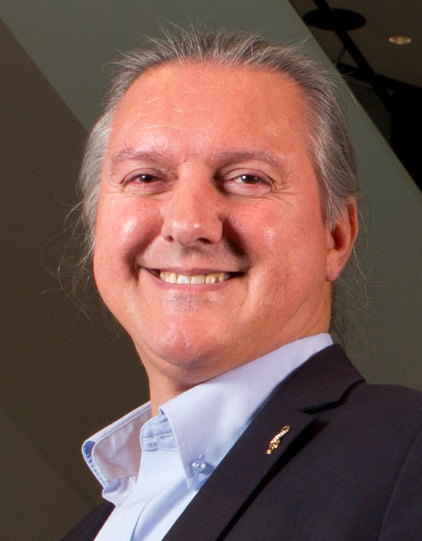
Sandro Carrara
Professor at EPFL
Sandro Carrara
is an IEEE Fellow and also the recipient of the IEEE Sensors Council Technical Achievement Award. He is the recipient of the IEEE Sensors Council Technical Achievement Award. He is a Faculty with the Bio/CMOS Interfaces Laboratory, École Polytechnique Fédérale de Lausanne, 2000 Neuchâtel, Switzerland, and a former professor at the Universities of Genoa and Bologna (Italy). He holds a Ph.D. in biochemistry and biophysics, a master’s degree in physics, and a diploma in electronics. His scientific interests are in the electrical phenomena of nano-bio-structured films and include the CMOS design of biochips based on proteins and DNA. Throughout his career, he has published seven books, one as the author in 2013 with Springer on Bio/CMOS interfaces and, more recently, a Handbook of Bioelectronics with Cambridge University Press. He has more than 360 publications and 17 patents. He is now the editor-in-chief of IEEE Sensors Journal, founder and editor-in-chief of the journal BioNanoScience by Springer, and associate editor of IEEE Transactions on Biomedical Circuits and Systems. He is a member of the IEEE Sensors Council and a member of the Board of Governors of the IEEE CAS Society. He has been appointed two times as an IEEE Distinguished Lecturer. His work received several international recognitions as best-cited papers and best conference papers. He has been the general chairman of the conference IEEE BioCAS 2014 and general cochair of the conferences IEEE MeMeA2018 and PRIME 2019. He is the recipient of the IEEE Sensors Council Technical Achievement Award
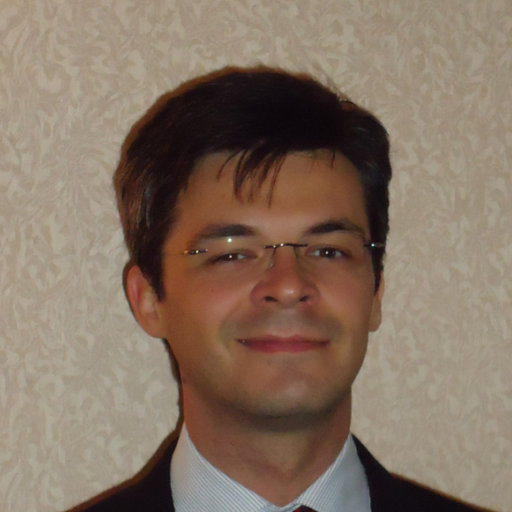
Paolo Stefano Crovetti
Professor at Politecnico di Torino
Paolo Stefano Crovetti
(Senior Member, IEEE) was born in Turin, Italy, in 1976. He received the Laurea (summa cum laude) and Ph.D. degrees in electronic engineering from the Politecnico di Turin, Turin, in 2000 and 2003, respectively.,He is currently an Associate Professor with the Department of Electronics and Telecommunications (DET), Politecnico di Torino. He has coauthored more than 80 articles appearing in journals and international conference proceedings. His recent research activities are focused on non-conventional information processing techniques allowing the fully digital implementations of analog functions and on ultra-low-power IC design for the Internet of Things (IoT) applications. His main research interests are in the fields of analog, mixed-signal, and power integrated circuits.,Prof. Crovetti is the Subject Editor-in-Chief of IET Electronics Letters in the area of circuits and systems. He is an Associate Editor of the IEEE Transactions on Very Large Scale Integration (VLSI) Systems. He serves as a regular reviewer for several IEEE journals.
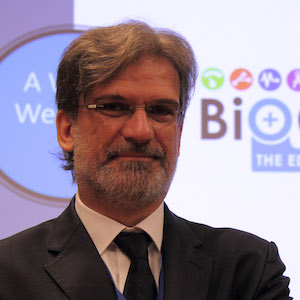
Danilo De Marchi
Professor at Politecnico di Torino
Danilo De Marchi
(Senior Member, IEEE) received the Engineering and Ph.D. degrees in electronics engineering from the Politecnico di Torino, Turin, Italy, in 1991 and 1995, respectively. He is currently a Full Professor with the Politecnico di Torino, Department of Electronics and Telecommunications. He was a Visiting Professor with Tel Aviv University, Tel Aviv, Israel, during 2018–2021, and at EPFL Lausanne in 2019. He was a Visiting Scientist with the Massachusetts Institute of Technology and Harvard Medical School in 2018. He is author and co-author of five patents and more than 300 international scientific publications. Prof. Demarchi is the Leader of the MiNES (Micro&Nano Electronic Systems) Laboratory with the Politecnico di Torino, a Member of IEEE Sensors Council, a Member of the IEEE BioCAS Technical Committee, an Associate Editor for IEEE Sensors Journal and IEEE Open Journal of Engineering in Medicine and Biology, and of the Springer Journal BioNanoScience, the General Chair of IEEE BioCAS 2017 and founder of the IEEE FoodCAS Workshop (Circuits and Systems for Better Quality Food).(Based on document published on 3 October 2022).
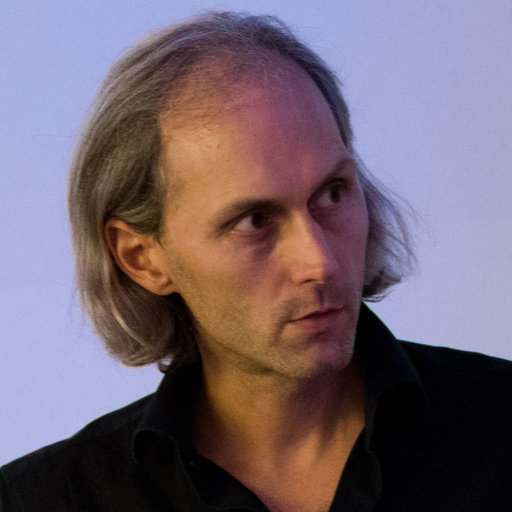
Cristoph Guger
Ceo of g.tec medical engineering GmbH
Christoph Guger
(Member, IEEE) received the Ph.D. degree from the Department of Medical Informatics (Prof. Pfurtscheller), University of Technology Graz, in 1999. He studied biomedical engineering at the University of Technology Graz and Johns Hopkins University, Baltimore, MD, USA. He then carried out research work at the Department of Medical Informatics (Prof. Pfurtscheller), University of Technology Graz. The topic of his Ph.D. work was the design of an EEG-based brain–computer interface. This was the first real-time BCI system with continuous feedback. He also developed the real-time analysis with common spatial patterns, which is still the fastest and most accurate approach for oscillatory BCIs, and also developed a P300 BCI with very high accuracy and speed. In recent years, he also worked with ALS and tetraplegic patients in different countries. He co-founded g.tec, in 1999, and has been working there ever since. He has dozens of peer-reviewed publications, including three open access publications in Frontiers in Neuroscience that he led (and coauthored with Dr. Edlinger). He was awarded the internationally recognized EY Entrepreneur Award.
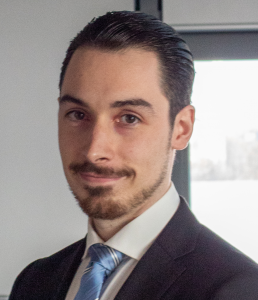
Adrien Merlini
Professor at IMT Atlantique
Adrien Merlini
received the M.Sc. Eng. degree from the ´ Ecole Nationale Supérieure des Télécommunications de Bretagne (Télécom Bretagne), France, in 2015 and received the Ph.D. degree from the ´ Ecole Nationale Supérieure Mines-Télécom Atlantique (IMT Atlantique), France, in 2019. From 2018 to 2019, he was a visiting Ph.D. student at the Politecnico di Torino, Italy, which he then joined as a Research Associate. Since 2019, he has been an Associate Professor with the Microwave Department, IMT Atlantique. His research interests include preconditioning and acceleration of integral equation solvers for electromagnetic simulations and their application in brain imaging. Dr. Merlini received two Young Scientist Awards at the URSI GASS 2020 and the EMTS 2023 meetings. In addition, he has authored a paper that won third place at EMTS 2023 and co-authored a paper that received the 2022 ICEAA-IEEE APWC Best Paper Award, five that received honorable mentions (URSI/IEEE–APS 2021, 2022, and 2023) and 3 best paper finalists (URSI GASS 2020, URSI/IEEE–APS 2021 and 2022). He is a member of IEEE-HKN, the IEEE Antennas and Propagation Society, URSI France, and of the Lab-STICC laboratory. He is currently serving as Associate Editor for the Antenna and Propagation Magazine

Paolo Motto Ros
Professor at Politecnico di Torino
Paolo Motto Ros
(Member, IEEE) received the M.Sc. and Ph.D. degrees in electronic engineering from the Politecnico di Torino, Turin, Italy, in 2005 and 2009, respectively. He is currently an Assistant Professor with the Politecnico di Torino, Department of Electronics and Telecommunications. He was Postdoc Researcher at Politecnico di Torino during 2009--2012, Postdoc Researcher at the Istituto Italiano di Tecnologia during 2012--2019 (Senior since 2014), and Senior Postdoc Researcher at Politecnico di Torino during 2019--2022, where he was also Adjunct Professor since 2017. He is an author and co-author of more than 80 international scientific publications. Dr. Motto Ros was a Member of the organizing committee of IEEE ICECS 2019 and the FoodCAS Satellite Event at IEEE ISCAS 2021, Review Committee Member of IEEE BioCAS 2021 and 2022, special session organizer at IEEE MeMeA 2021, Program Committee Member of IEEE LASCAS 2022, Guest Editor of MDPI Sensors and Guest Associate Editor of Frontiers in Neurorobotics. He is currently Guest Associate Editor of Frontiers in Bioengineering and Biotechnology and Associate Editor of IEEE Transactions on AgriFood Electronics.(Based on document published on 3 October 2022).
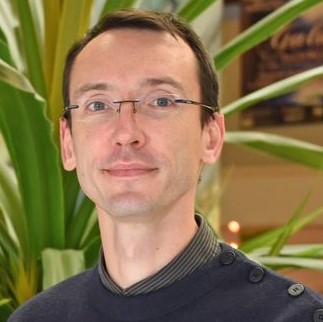
Francois Rousseau
Professor at IMT Atlantique
Francois Rousseau
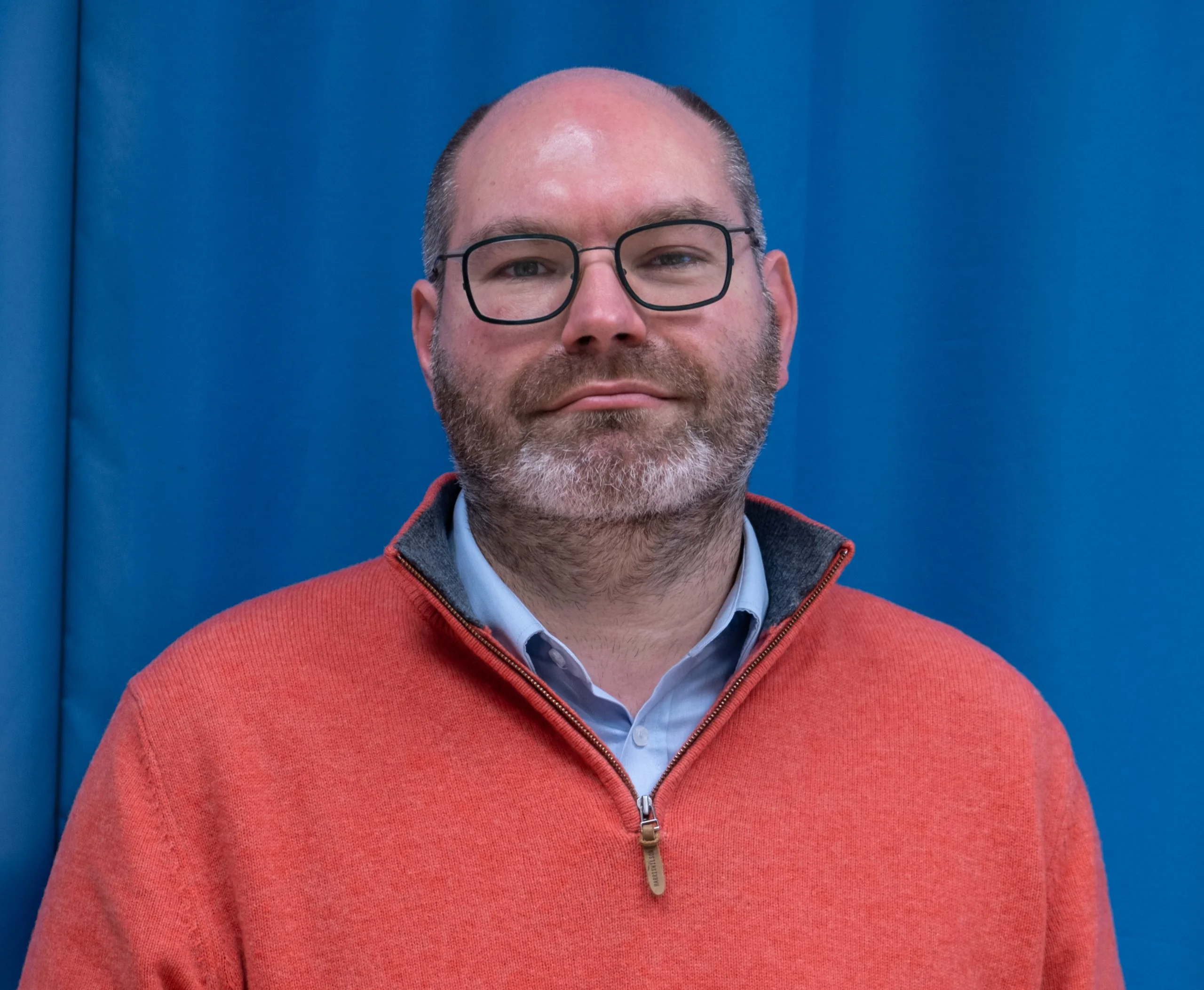
Romuald Seizeur
Professor at CHU Brest
Romual Seizeur
practices in Brest, France. His top areas of expertise are Glioma, Gliomatosis Cerebri, Brain Tumor, Osteotomy, and Laminectomy. His clinical research consists of co-authoring 61 peer reviewed articles and participating in 2 clinical trials in the past 15 years
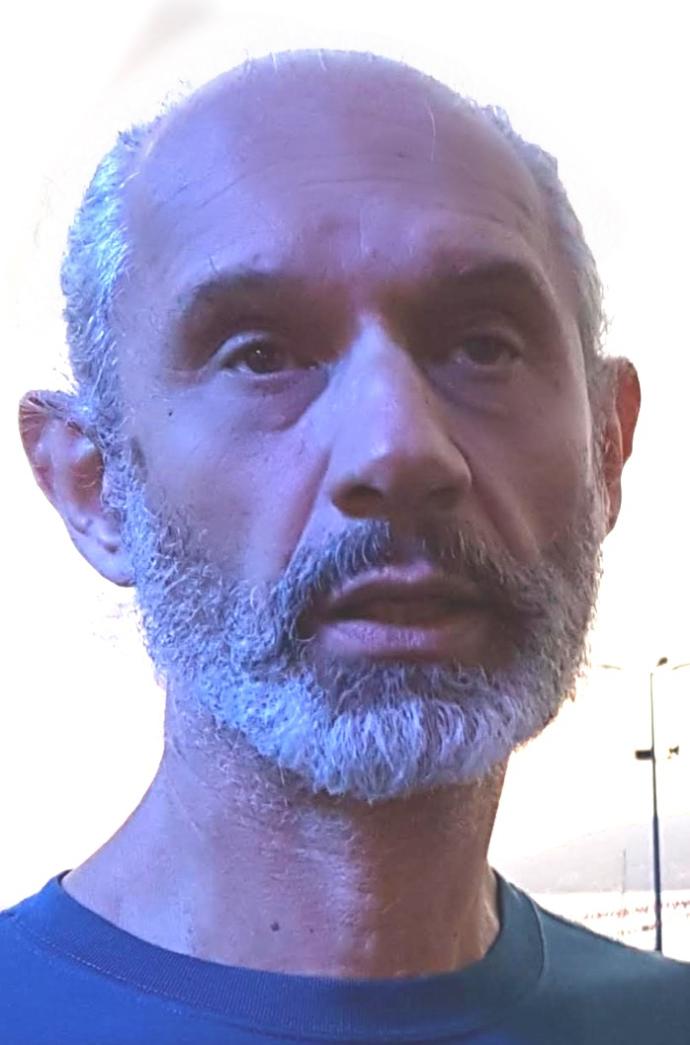
Giuseppe Vecchi
Professor at Politecnico di Torino
Giuseppe Vecchi
(Fellow, IEEE) received the Laurea and Ph.D. degrees in electronic engineering from the Politecnico di Torino, Turin, Italy, in 1985 and 1989, respectively, with Ph.D. research carried out partly at Polytechnic University, Farmingdale, NY, USA.,He was a Visiting Scientist with the Polytechnic University of NY, Farmingdale, from 1989 to 1990. Since 1990, he has been with the Department of Electronics, Politecnico di Torino, as an Assistant Professor, an Associate Professor from 1992 to 2000, and a Professor since 2000. He was a Visiting Scientist with the University of Helsinki, Helsinki, Finland, in 1992, and an Adjunct Faculty Member with the Department of Electrical and Computer Engineering, University of Illinois at Chicago, Chicago, IL, USA, from 1997 to 2011. Since 2015, he has been the Director of the Antenna and EMC Laboratory (LACE), Politecnico di Torino. His current research activities concern analytical and numerical techniques for the design, measurement, and diagnostics of antennas and devices, medical applications, and imaging.,Prof. Vecchi is a member of the Board of the European School of Antennas (ESOA) and the IEEE Antennas and Propagation Standard Committee. He has been an Associate Editor of the IEEE Transactions on Antennas and Propagation, the Chairperson of the IEEE Antennas and Propagation (AP)/Microwave Theory and Techniques (MTT)/Electron Devices (ED) Italian joint Chapter, and a member of the IEEE-APS Educational Committee.
Junior Members
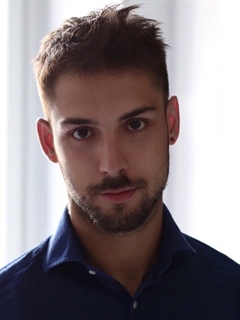
Gian Luca Barbruni
Phd student at EPFL
Gian Luca Barbruni
achieved his BSc and his MSc in Biomedical Engineering with specialisation in Biomedical Instrumentation at the Politecnico di Torino in 2017 and 2019, respectively. During his master thesis, supervised by Prof. Danilo Demarchi from Politecnico di Torino and titled “Body Dust: Feasibility study on signal transmission for sub-100μm-size active wireless biosensors”, he spent a semester of research at Integrated Circuit Laboratory (ICLAB) of Neuchâtel under the supervision of Prof. Sandro Carrara from École Polytechnique Fédérale de Lausanne (EPFL), Switzerland. He discusses about the feasibility on creating an UltraSound (US) communication circuit to wirelessly transmit outside the body diagnostic information from multiplexed biosensors chip built on the top layer of a drinkable CMOS “Body Dust” cube. The results of the feasibility study have been published showing promising results with sub-10 µW of power consumption and a total chip area of 43 x 44 µm2. He was a Research Assistant at the Department of Electronic Engineering (DET) of Politecnico di Torino. Actually he is conducting his PhD focusing on design and fabrication of analog and digital circuits for ultra-miniaturized CMOS for vision prosthesis, directed by Prof. Diego Ghezzi at Medtronic Chair in Neuroengineering in Geneva and co-directed by Prof. Sandro Carrara at ICLAB in Neuchâtel.
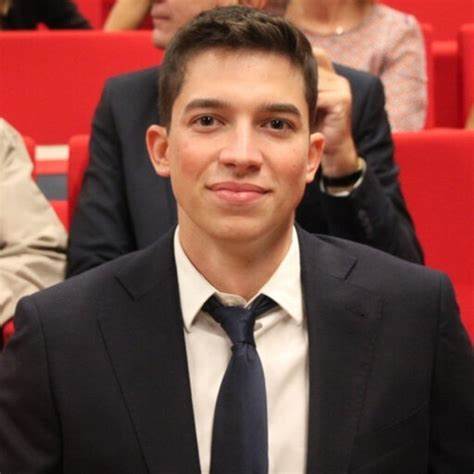
Andrea Bontempi
PhD student at Politecnico di Torino
Andrea Bontempi
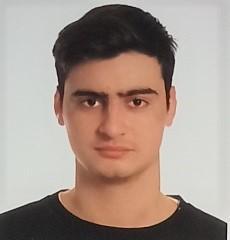
Matteo Cantenne
PhD student at politecnico di Torino
Matteo Cantenne
received the B.Sc. degree in biomedical engineering in 2023 from the Politecnico di Torino, turin, Italy. Since 2023, he is pursuing the Ph.D. degree at the department of Electronics and Telecommunications of Politecnico di Torino. His current research interests include computational electromagnetics and brain imaging
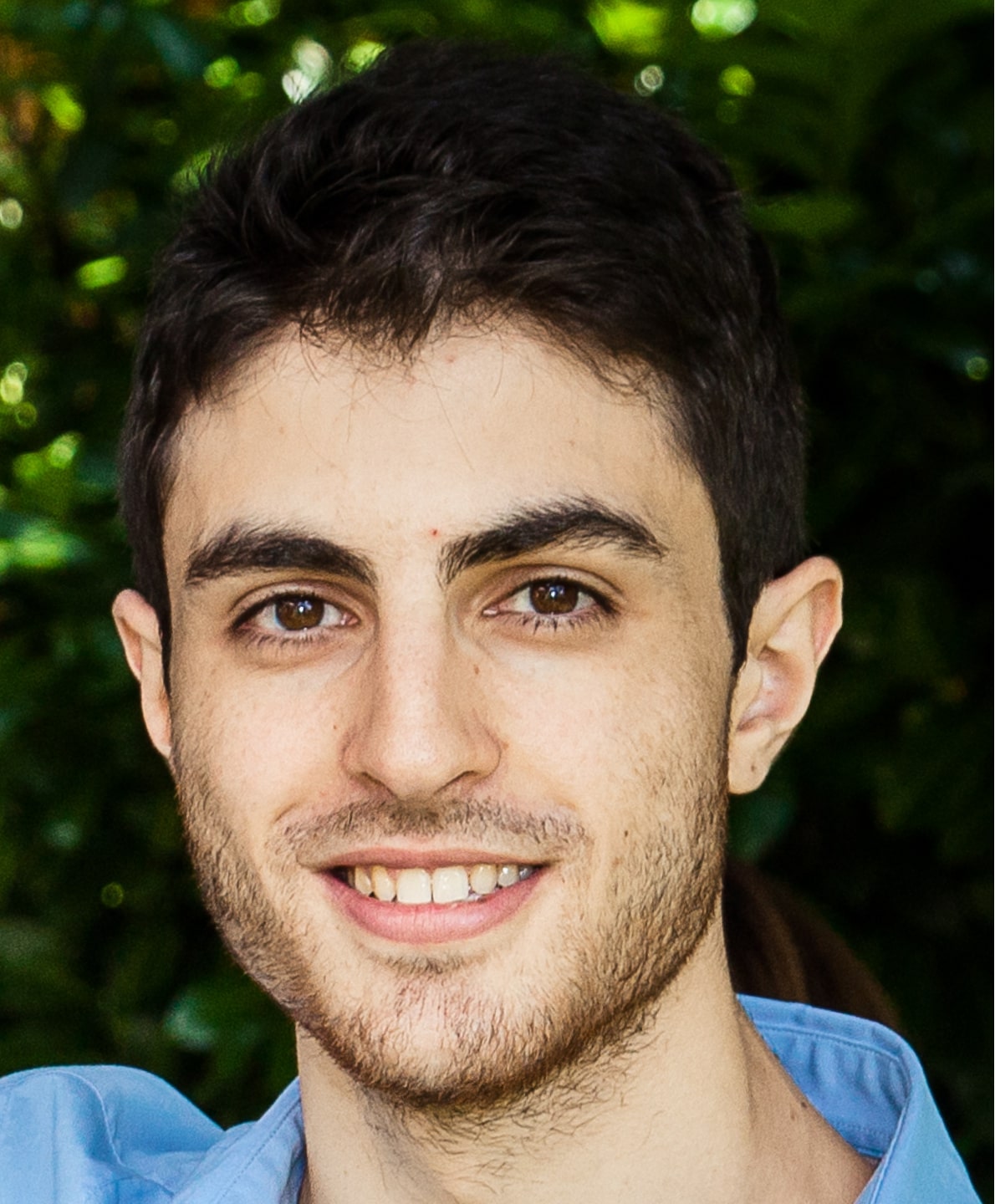
Ermanno Citraro
Post doctorate at Politecnico di torino
Ermanno Citraro
received the B.Sc. degree in electrical engineering in 2017, and the M.Sc. degree in electrical engineering in 2019 from the Politecnico di Torino, Turin, Italy. After a two years’ working experience in the semiconductor industry, he joined Politecnico di Torino in 2021 as Research Associate and he pursued the Ph.D. degree in 2025. His current research interests include computational electromagnetics, fast solvers and brain imaging. He authored a paper that received a honorable mention in URSI/IEEE–APS 2022.

Viviana Giunzioni
Post doctorate at Politecnico di torino
Viviana Giunzioni
(Graduate Student Member, IEEE) received the B.Sc. and M.Sc. degrees in electronic engineering from the Politecnico di Torino, Turin, Italy, in 2019 and 2021, respectively. She pursued the Ph.D. degree program at Politecnico di Torino in 2025. Her current research interests include computational electromagnetics with a focus on integral equation formulations, preconditioning techniques, fast solvers, and applications for antenna simulations and brain imaging. Ms. Giunzioni has authored two conference papers that received an honorable mention (at URSI/IEEE–APS 2022 and URSI General Assembly and Scientific Symposium (GASS) 2023).
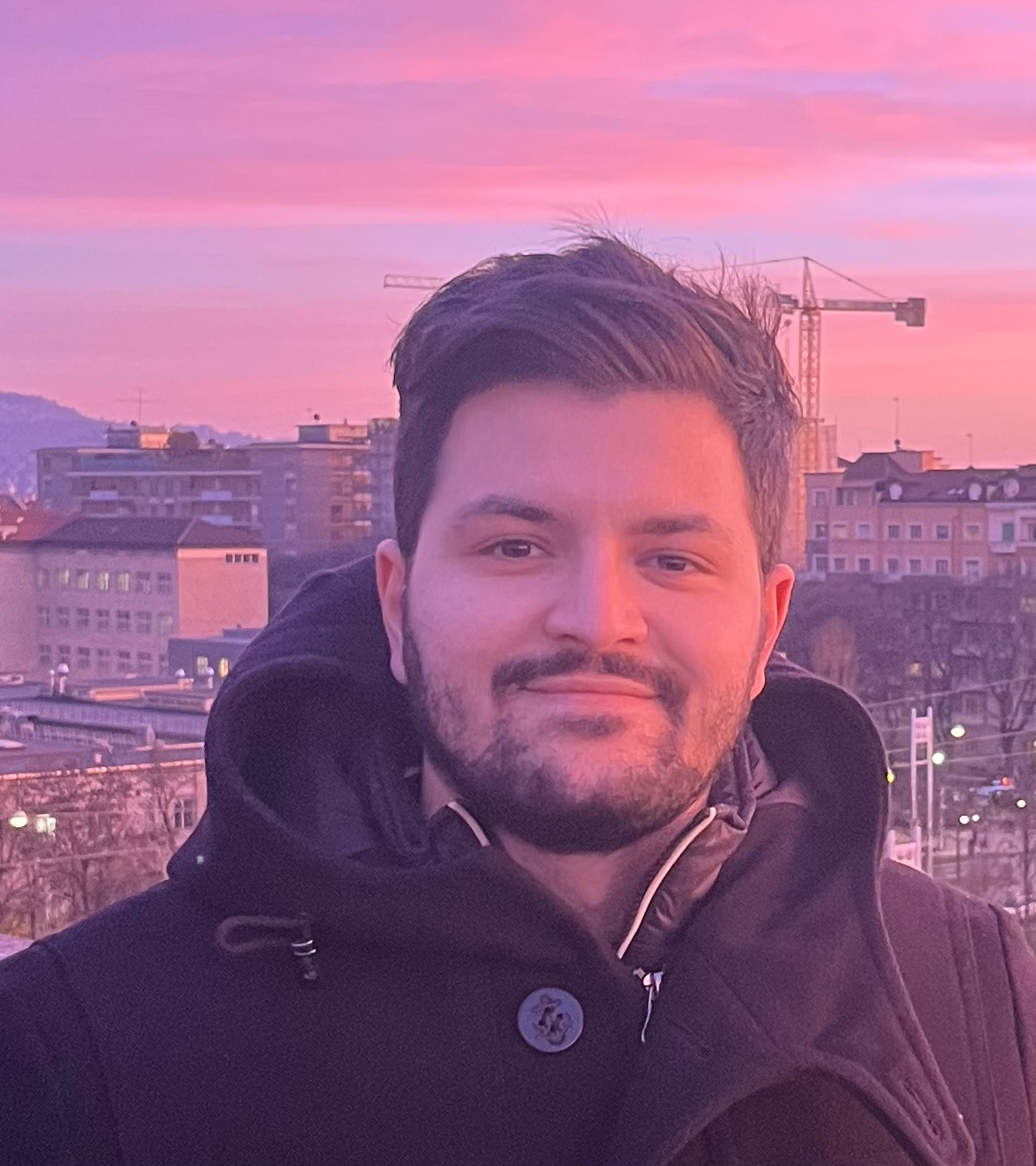
Damiano Franzò
Post doctorate at Politecnico di torino
Damiano Franzò received a B.Sc. and M.Sc. degree in Computer Engineering from the Politecnico di Torino, Italy, in 2017 and 2020, respectively. In 2020, he also graduated with a M.Sc. degree in engineering from Télécom Paris. In 2024, he graduated with a Ph.D in Electrical, Electronics, and Communications Engineering from the Politecnico di Torino, where he is currently a Postdoctoral Fellow. His research interests are in computational electromagnetics, focusing on high-order and fast solutions of integral equations.
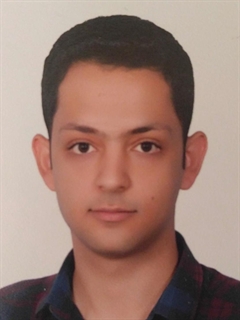
Ali Meimandi
PhD student at EPFL
Ali Meimandi
Ali Meimandi received B.Sc degree in electrical engineering from Amirkabir University of Technology(Tehran Polytechnic), Tehran, Iran, and M.Sc. degree in electronic engineering from Politecnico di Milano, Milan, Italy, in 2018 and 2022, respectively. He is a Research Assistant and doctoral candidate in the BioCMOS Interfaces(BCI) Laboratory at École Polytechnique Fédérale de Lausanne, Lausanne, Switzerland. His research is focused on designing and implementing ultralow power and Ultralow area analog/mixed-signal IC for brain monitoring. His current research interests include biosensors, neural prosthesis, analog and digital CMOS design, ultra-low-power, and miniaturised CMOS integrated circuits to develop innovative biomedical systems.
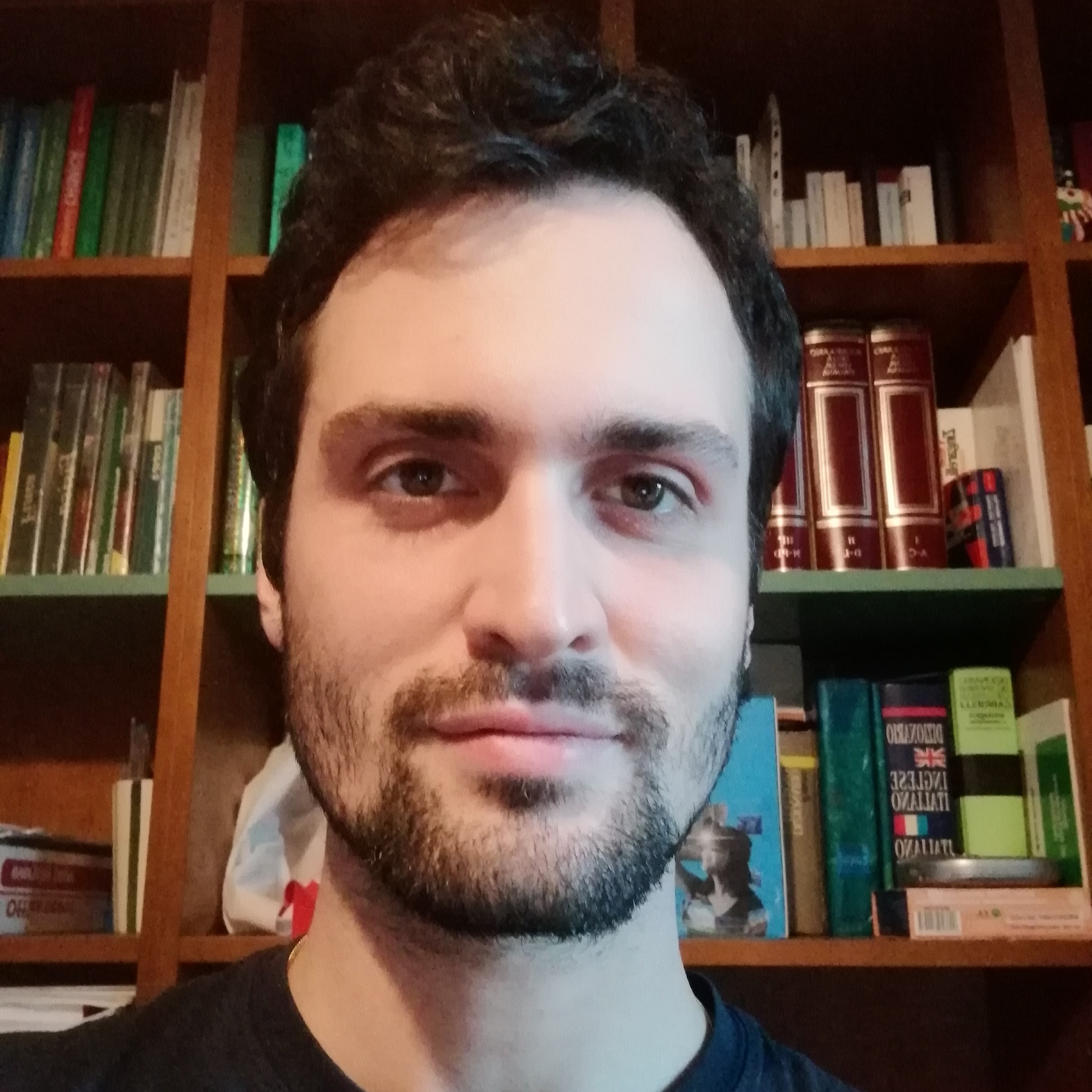
Alberto Scazzola
Post doctorate at Politecnico di Torino
Alberto Scazzola
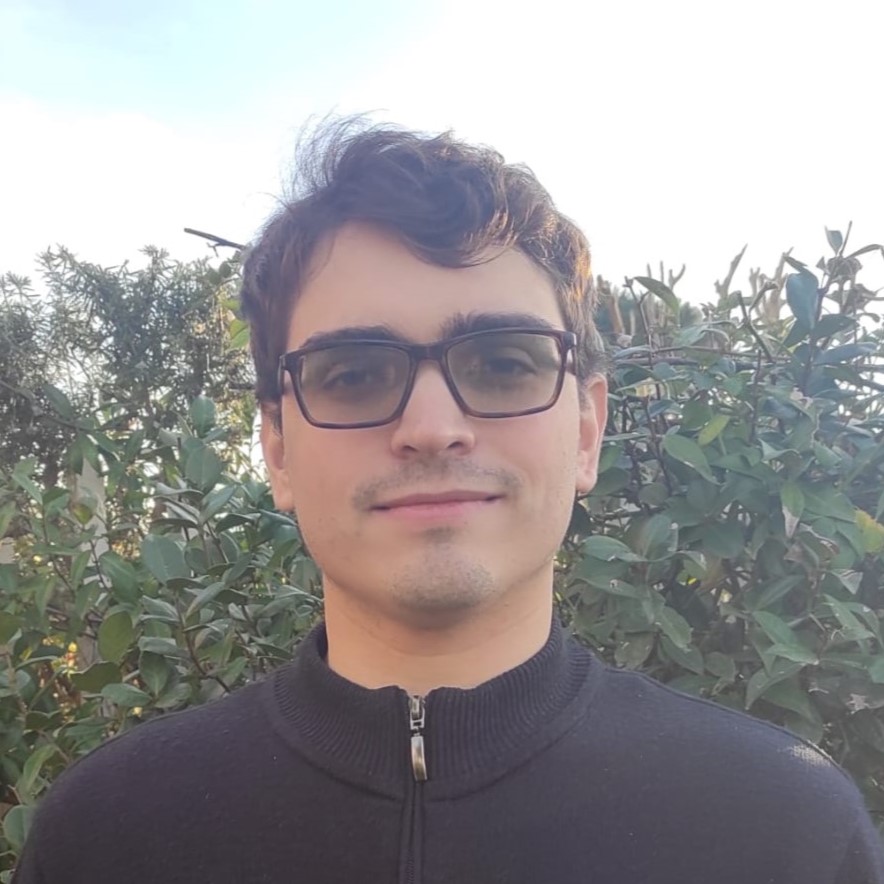
Simone Priori
PhD student at Politecnico di Torino
Simone Priori
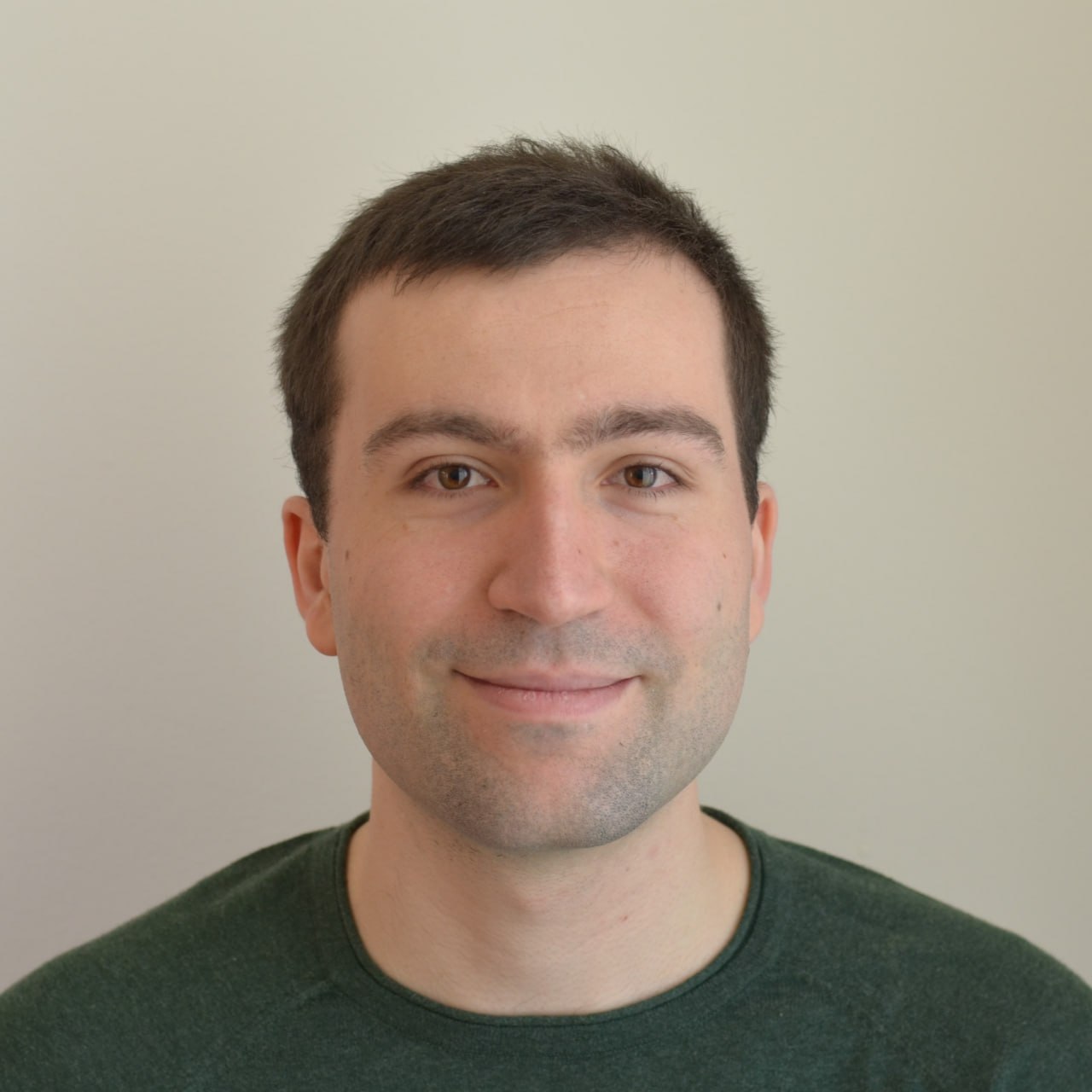
Paolo Ricci
Post doctorate at Politecnico di Torino
Paolo Ricci
received the B.Sc. and M.Sc. degrees in computer engineering from the Politecnico di Torino, Turin, Italy, in 2018 and 2020, respectively. He pursued the Ph.D. degree in the framework of a Marie Curie EID in collaboration with the Politecnico di Torino and Thales DMS France SAS, Elancourt, France in 2025. His current research interests include computational electromagnetics with a focus on integral equation formulations, fast solvers, machine learning, and applications for antenna simulations and brain imaging. Dr. Ricci has authored a paper that received an honorable mention in URSI/IEEE–APS 2022.

